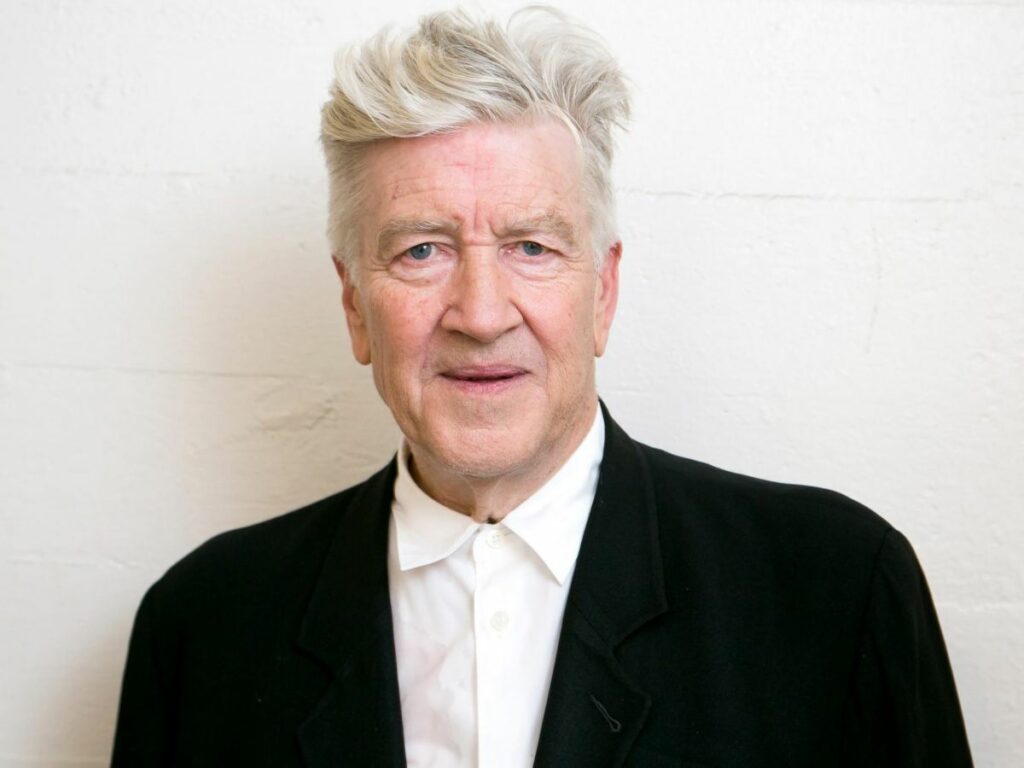The problem with trying to be creative is that it’s easy to turn to tried-and-tested answers when faced with tricky questions. Lauren Miller Rogen’s debut feature Like Father falls into this trap.
The film promises a darkly humorous look at the relationship between an estranged father-daughter duo but doesn’t quite deliver.
What we’re left with, instead, is a decent spin through a few clichéd stereotypes and a conclusion that depends more on committed performances from Kelsey Grammer and Kristen Bell than any remarkable plot twist.
Kristen Bell (Rachel) stars as an uptight woman married to her job. At the outset, she’s dumped at the altar by her fiancé. Bell’s entire characterization is laid out within her introduction in the opening minutes. And oddly enough, we are left to sympathize more with her fiancé.
Kelsey Grammer features as Bell’s absentee father, who has returned to make amends.
The film does its best to pose Grammer’s Harry as the one to blame for Rachel’s annoying personality.
However, Rachel’s unpleasant disposition — and the fact that we never get much justification to sympathize with her — ends up making Harry look like the victim rather than the instigator.
Recommended: Tramps (2016): An Enchanting Low-Key Romance
What follows is predictable. Their travels, after going on Rachel’s intended honeymoon together, have the effect of relaxing the shields she has raised around herself and embrace her father for all his flaws.
It’s a shame the film saw the need to go down this route (much more due to it invoking romantic-comedy tropes in a father-daughter storyline). Miller Rogen could have shifted the narrative toward a more dramatic tone.
She certainly had the chops for it; the film began with a drab, murky filter filled with expansive shots that seemed to serve as a vestige for Rachel’s unfulfilling work-based life.
Unfortunately, this is abandoned in favor of several montage riddled-scenes that jettison all the storytelling out the vessel we follow the characters in.
Miller Rogen played it too safe with her other characters as well. The supporting cast is the most stereotypical bunch. An overtly happy gay couple, a burly black couple, and an old couple round out the friends group.
These characters, and their affinity for Harry, push the viewer further away from sympathizing with Rachel — whose resentment for Harry should’ve been rational.
It, instead, comes across as unreasonable due to her haughty attitude.
Seth Rogen is a poor fit with his expected awkward and out-of-place presence (with some meta sarcasm in the form of his reluctance to indulge in marijuana).
Recommended: Our Souls At Night (2017): A Heartwarming, Fulfilling Romance
Perhaps to remind us it’s a Rogen film, several dialogues are smeared with profanity that is neither needed nor tasteful.
Had Miller Rogen dived in fully for a raunchy serving, some material wouldn’t have seemed misplaced, but it would appear she was unsure whether to appeal to the traditional romantic-comedy audience or Seth Rogen’s usual crude bunch.
While Bell does put in a committed performance, she has played the surly, resentful archetype (Forgetting Sarah Marshall and You Again) far too many times to make it look original.
Grammer, to his credit, brings the humor and charm of his Frasier days. It has the effect of drawing the viewer into his corner, tempting us to root for him instead.
The film does its best when sticking to its more dramatic side; the humor is a bit much on the nose.
The film attempts to convince us to see Seth Rogen as a catch, while uncomfortably repeating the same incestuous joke of others confusing Rachel and Harry for being a married couple.
The plot setting, in fact, broadly resembles Bollywood film called Honeymoon Travels, which had largely the same premise.
To Miller Rogen’s credit, she does her job well when it comes to portraying emotions through music.
The shift in tone is evident as the soundtrack switches to a more upbeat nature when concerning a positive point of time for the protagonists, while a complete lack of music surrounds the intense moments in order to rely on the tension-heavy dialogue to take focus.
Conclusion
The final message we are left with isn’t worth the extra minutes we, as the audience, provide the film with.
The reasoning behind Harry’s departure hangs above the film throughout, only to hand us with an explanation so banal you wonder why Rachel accepts it so easily.
The conflicts taken simply to get to the final resolution pave the path for the characters, with swerves aplenty.
Quarrels are sprinkled left and right near the end to add tension to the surprisingly quick initial reconciliation. But the abundance of these fail to surprise.
Ultimately, a trip on the sea and a few gorgeous sights are the film’s best offering, along with committed yet predictable performances from its leads.
Like Father is now streaming on Netflix.
Rating: 2/5
By Saim Cheeda
Have something to share with our readers? Thoughts on a film you saw recently; an obscure piece of film trivia; or a film you just finished watching and can’t seem to get out of your head? Head over to our Submit section for details and shoot us a mail at info@flickside.com.
Follow @flicksidem and our Facebook channel for more updates!




